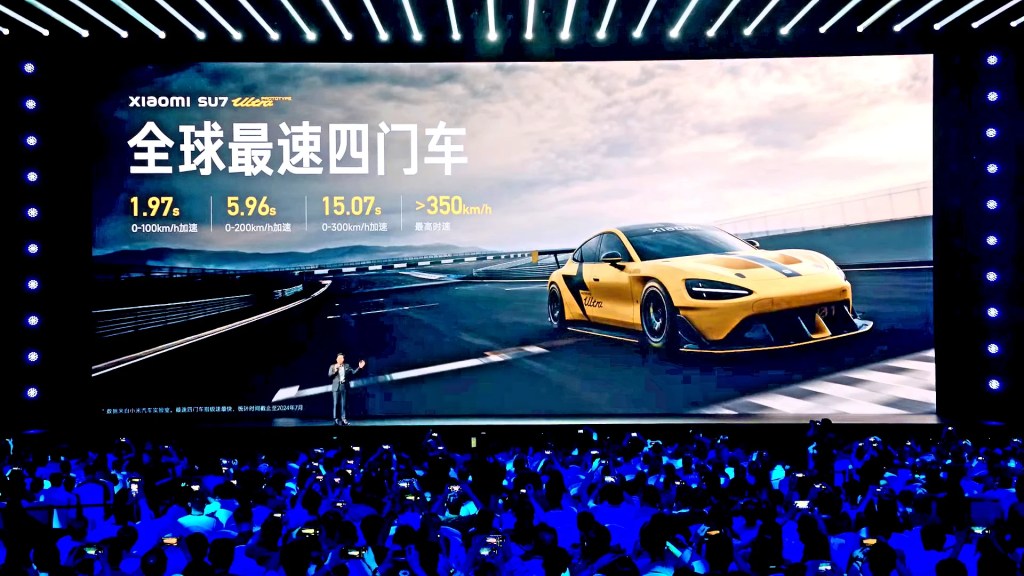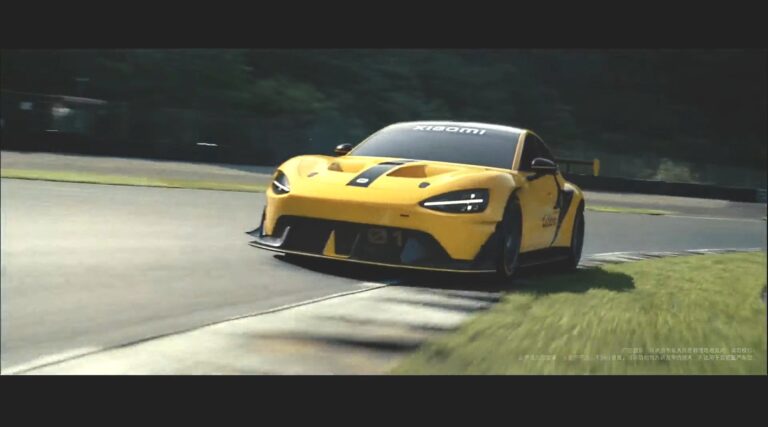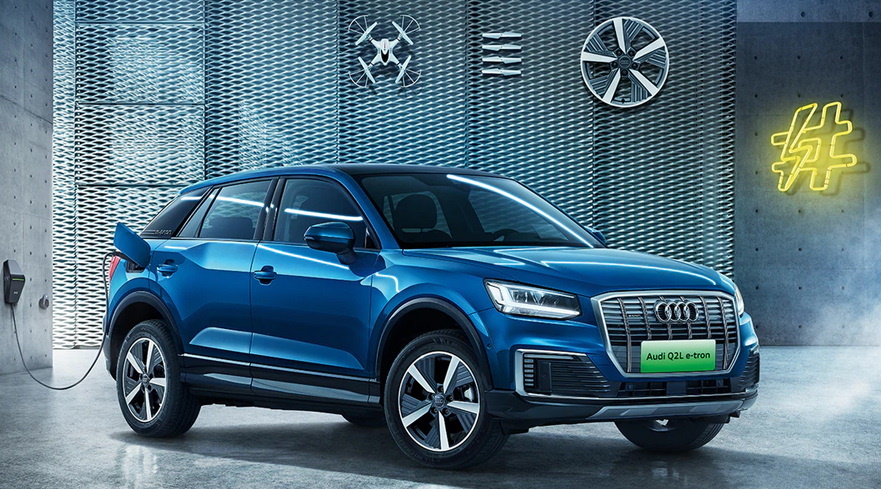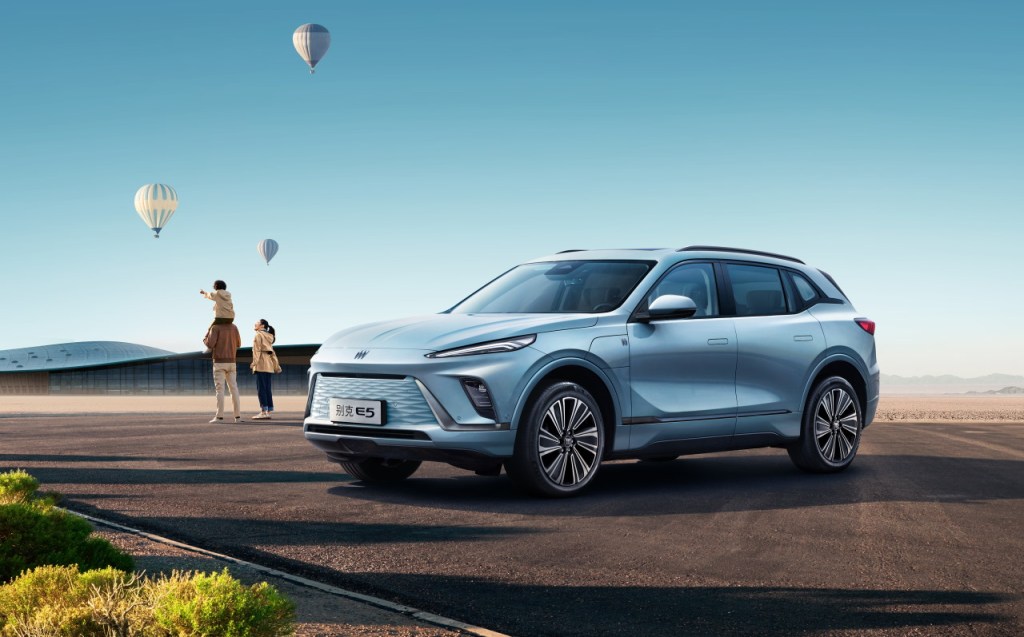-
Dialling Up Speed — Xiaomi SU7 Ultra Takes On The Titans Of The Track
Just three months after announcing its SU7 Ultra Prototype track-special race car, Xiaomi — best known for its smartphones — has stunned the automotive world by setting an extremely fast lap time at the famous Nürburgring Nordschleife. The Xiaomi SU7 Ultra Prototype completed the lap in just 6 minutes and 46.87 seconds. The news of…
-
Ring Ring: Phonemaker Xiaomi’s Electric Sportscar Dials Up Speed At The Nürburgring!
Xiaomi, the world’s second largest smartphone maker, has recently launched its electric sportscar, the Xiaomi SU7 sedan. The company has just announced it will soon attempt a fast lap at the Nürburgring Nordschleife using a dedicated SU7 track-ready prototype. Xiaomi’s founder and CEO, Lei Jun 雷军, today (July 19th) held the company’s annual presentation to…
-
ZEEKR 009 Is Just Qilin It — Record Fast-Charging In Under 11 Minutes
The ZEEKR 009 electric MPV, part of Geely’s innovative EV lineup, now features CATL’s cutting-edge Qilin battery technology, enabling it to recharge from 10% to 80% in just under 11 minutes. This updated model is set to launch in Hong Kong this Friday. The ZEEKR’s super-fast charging ability is enabled by CATL’s Qilin battery technology,…
-
BEVs That International Automakers Sell In China, But Don’t Want To Offer You
If you ever had the suspicion that there are BEVs that international automakers sell in China but don’t want to offer to those of us in other markets, well … you were right. As Zach recently reminded us, China is currently the epicentre of the global EV revolution, representing 60% of the world’s plugin vehicle…
-
1st High-Speed Train Arrives In Southern Hemisphere — Bandung Confluence
This month has witnessed the commercial opening of the first high-speed train line in the world’s southern hemisphere. The new rail line, between the Indonesian cities of Jakarta and Bandung, cuts journey time from around 3 hours, down to just 45 minutes. KCIC high-speed train. KCIC press image. The new train line started commercial passenger…
-
Despite Protest At Home And Abroad, Japanese Government To Start Ocean Dumping Of Nuclear Wastewater This Thursday
The Japanese government has given the greenlight for Fukushima’s nuclear wastewater to start being dumped in the Pacific ocean from Thursday August 24th, despite widespread protest both in Japan, and in neighbouring countries. “We are deeply disappointed and outraged by the Japanese Government’s announcement to release water containing radioactive substances into the ocean. Despite concerns…

Welcome
I’m an anthropologist who – like most of humanity – is tired of 500 years of western imperialism and lies. There’s a lot to learn and much of it is hidden from view, left unacknowledged, or conveniently forgotten.
Categories
Tags
american philosophers Auto Sales battery minerals Book Reviews British Empire CATL China Clean Transport culture representations Diesel Decline Electric Vehicles Elon Musk Europe european intellectual tradition EV batteries EV Transition Fossil Fuels Genocide Imperialism Jeff Dahn LFP LG Chem lithium iron phosphate lithium iron phosphate battery mineral extraction mining Nazis NCA NCM Nickel Cobalt Aluminium batteries Nickel Cobalt Manganese batteries panasonic Rammstein science Tesla Tesla batteries Tesla Model 3 Tesla Model S Tesla Model S Plaid Tesla Model X Tesla Model X Plaid Tesla Model Y Tesla Semi vergangenheitsbewältigung wilhelm von humboldt







